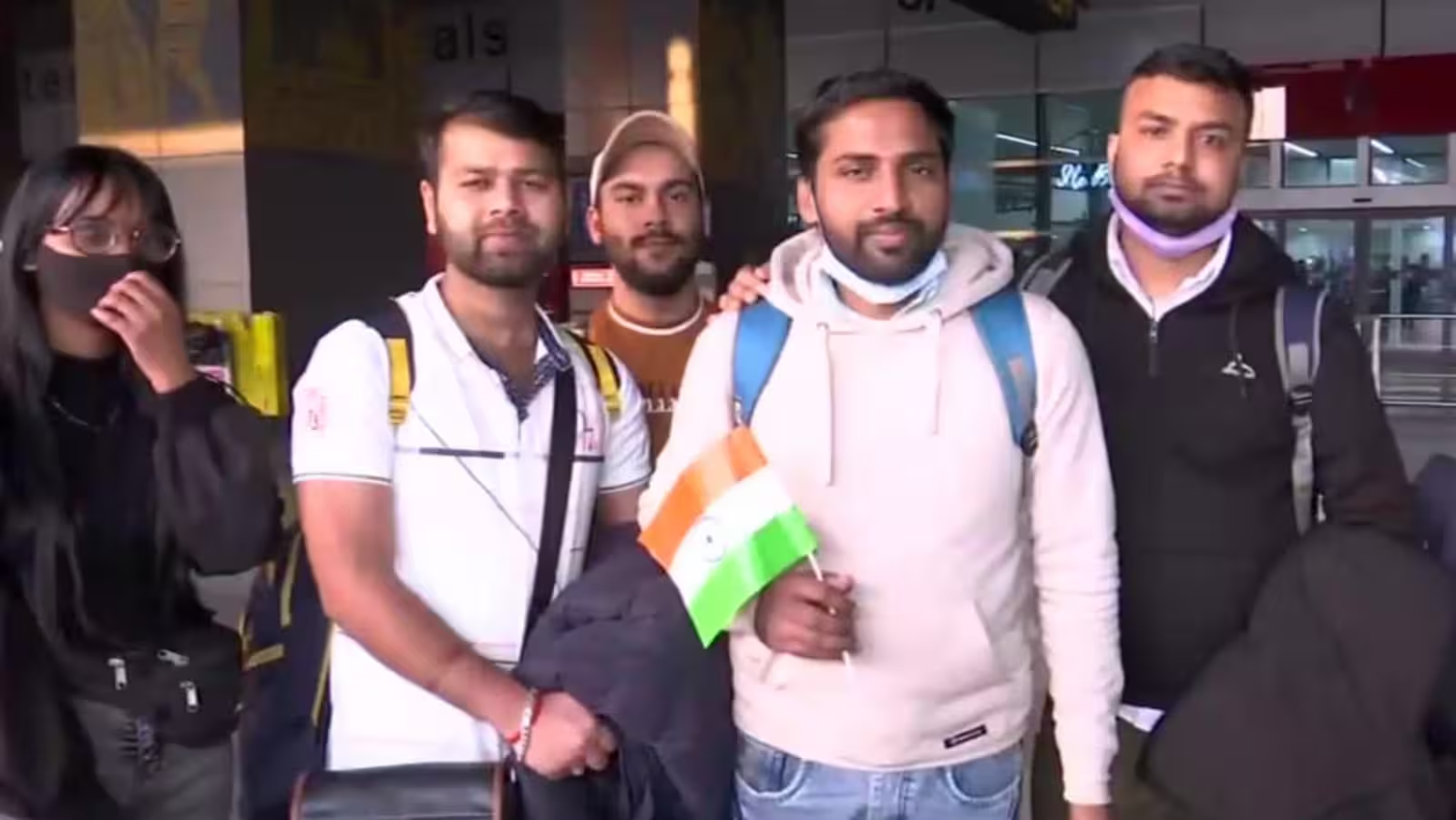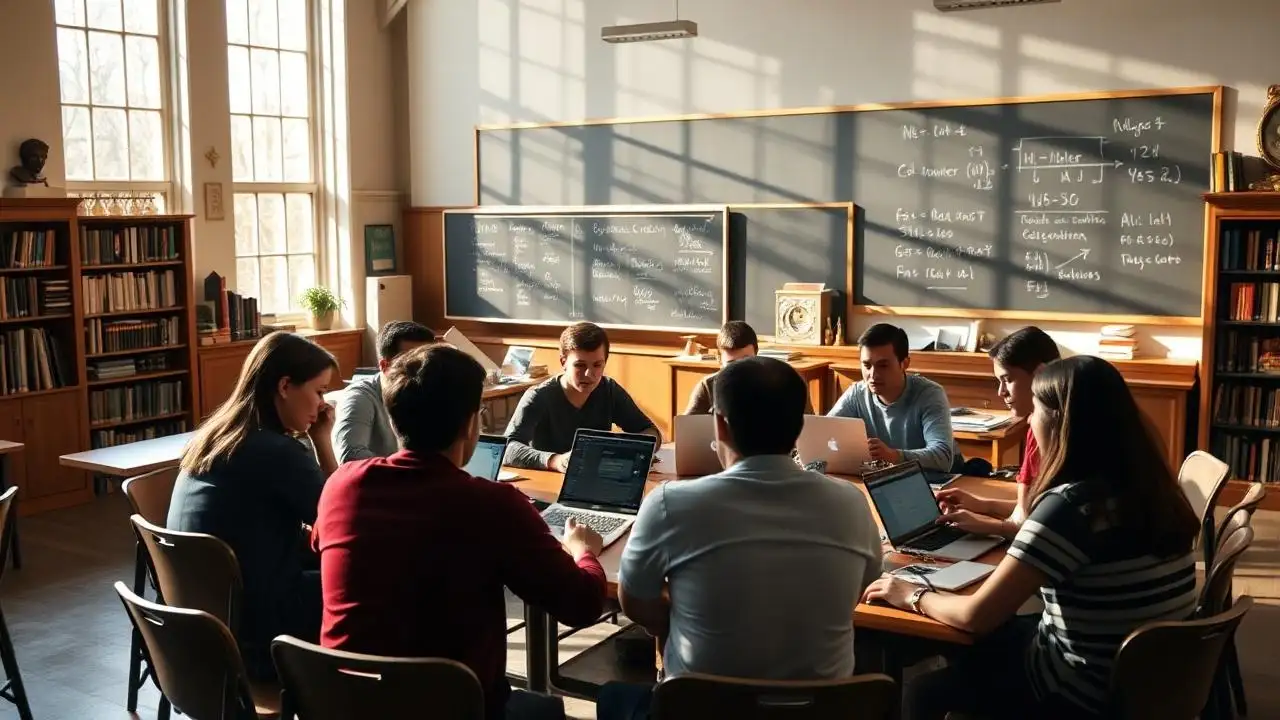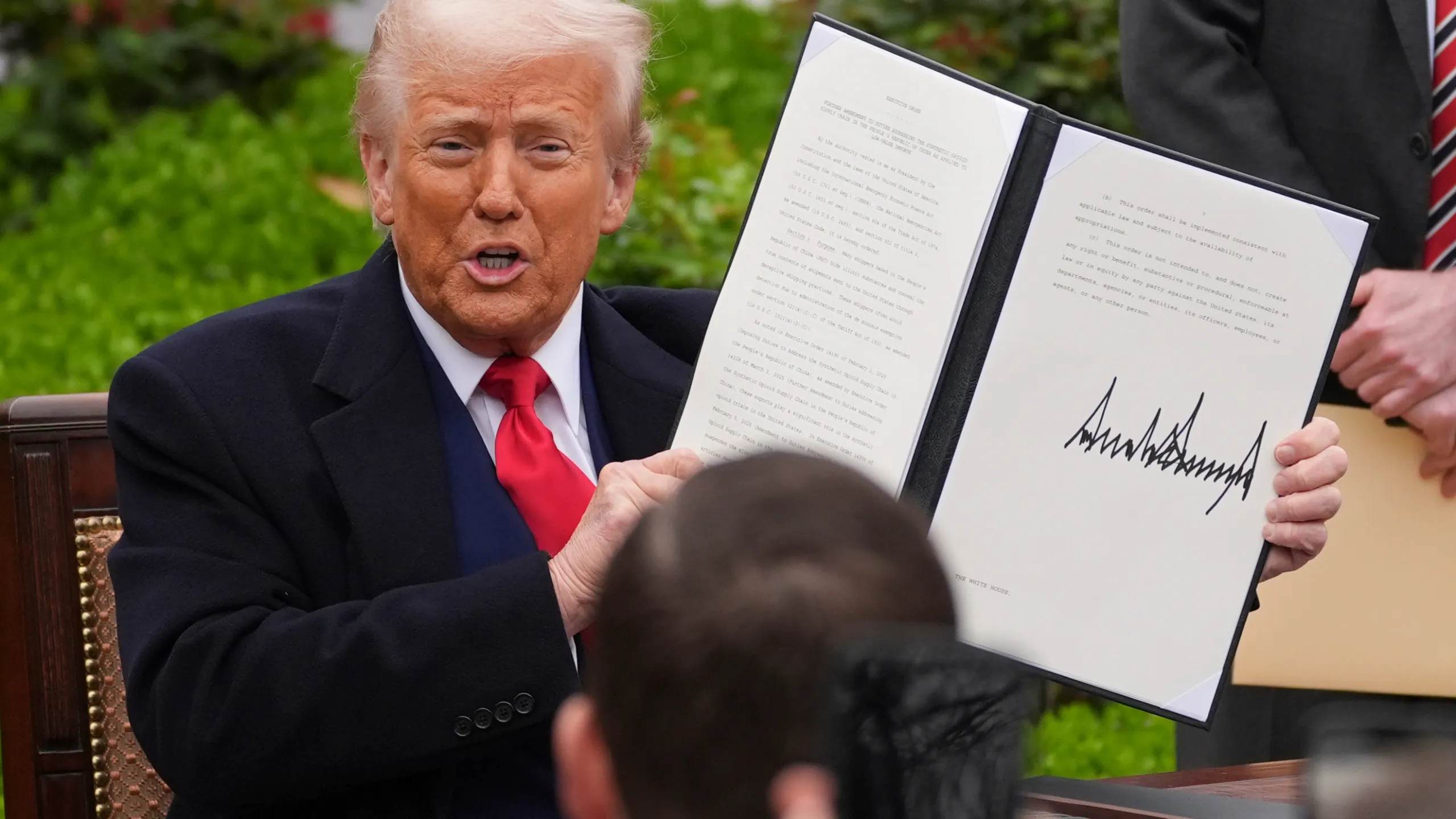
The United States has long been the dream destination for Indian students aspiring to pursue higher education. Known for its world-class institutions, diverse academic programs, and vibrant campus life, the US has traditionally been the top choice for Indian aspirants seeking quality education abroad. However, recent developments indicate a significant shift in US immigration policies, particularly concerning student visas. The crackdown on US student visas has emerged as a turning point, raising concerns among Indian students and educational institutions alike.
The Nature of the Visa Crackdown
What Has Changed?
In recent months, US authorities have intensified their efforts to scrutinize, process, and sometimes deny student visa applications. The stricter screening procedures encompass multiple aspects, including background checks, financial documents, and the overall intent of the applicant. Several reports, such as the one highlighted by the Hindustan Times detailed how this crackdown marks a significant shift from the previous lenient policies towards international students.
Why Is This Being Implemented?
- Enhanced National Security: Concerns over student visa misuse for non-educational purposes have prompted tighter controls.
- Immigration Policy Reforms: Broader immigration reforms pursued by the US administration aim to curb illegal immigration and prioritize certain visa categories.
- Economic and Political Factors: Political debates around immigration levels and its impact on domestic employment influence visa policies.
Impact on Indian Aspirants
Immediate Effects
The most evident impact of the US visa crackdown on Indian students has been a decline in visa approvals. Many aspirants face prolonged processing times, increased scrutiny, and a higher rejection rate. This creates a lot of uncertainty and anxiety among students, parents, and educational consultants. The disruption not only hampers individual career plans but also affects the broader Indo-US educational exchange.
Challenges Faced
- Increased Visa Rejections: Many genuine students are finding their applications rejected despite having strong academic credentials and financial backing.
- Financial Burden: The delays and rejections lead to additional expenses, such as resubmission fees, legal consultations, and travel costs.
- Loss of Opportunities: Some students may opt for alternative destinations or delay their plans altogether, leading to a potential decline in Indian student inflow to US institutions.
- Psychological Impact: The uncertainty fosters stress and loss of motivation among students eager to study abroad.
Long-term Ramifications
If the trend continues, Indian students might seek alternative destinations such as Canada, Australia, or European countries, which are offering more flexible visa policies. The US’s reputation as a welcoming destination could be compromised, and American educational institutions may experience a decline in international enrollments.
Future Prospects and Strategies for Indian Students
Adapting to Changing Policies
Given the evolving landscape, Indian aspirants need to adopt strategic approaches:
- Research Thoroughly: Stay updated on visa policies and work with reputable education consultants who are aware of the latest requirements.
- Strengthen Application Quality: Prepare comprehensive documentation demonstrating genuine intent, financial stability, and ties to India.
- Explore Alternative Pathways: Consider enrolling in institutions that offer nearby or partner campuses, or look into language and foundation courses that can boost their profile.
- Plan Financially and Timing-wise: Maintain flexibility in timelines to accommodate potential delays or additional procedures.
Emerging Opportunities
Despite the crackdown, opportunities exist for Indian students:
- Emergence of Countries with Friendly Visa Policies: Countries like Canada, Australia, and European nations are becoming attractive options due to their more lenient visa criteria.
- Online and Hybrid Learning Models: The global shift towards online education platforms can serve as a temporary alternative for students unable to travel immediately.
- Fostering Skill-Based Education: Focus on courses that enhance employability and meet the evolving job market demands.
Conclusion
The recent crackdown on US student visas signifies a pivotal change in the global educational landscape. While it presents undeniable challenges for Indian aspirants, it also opens avenues for re-evaluation and strategic planning. Indian students must remain adaptable, well-informed, and resilient to navigate these turbulent times effectively. The future of international education is dynamic, and with the right approach, aspirants can still achieve their dreams of studying abroad, whether in the US or alternative destinations.
In summary: The US visa crackdown is a wake-up call that underscores the importance of diversified educational strategies and global readiness.
For more updated news please keep visiting Prime News World.








